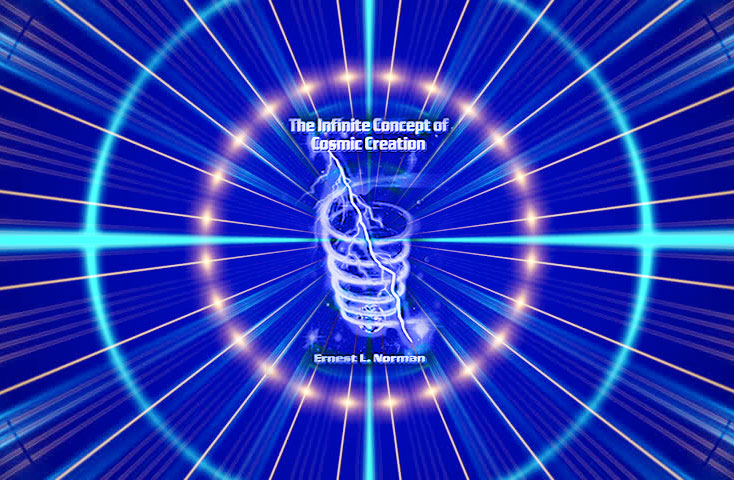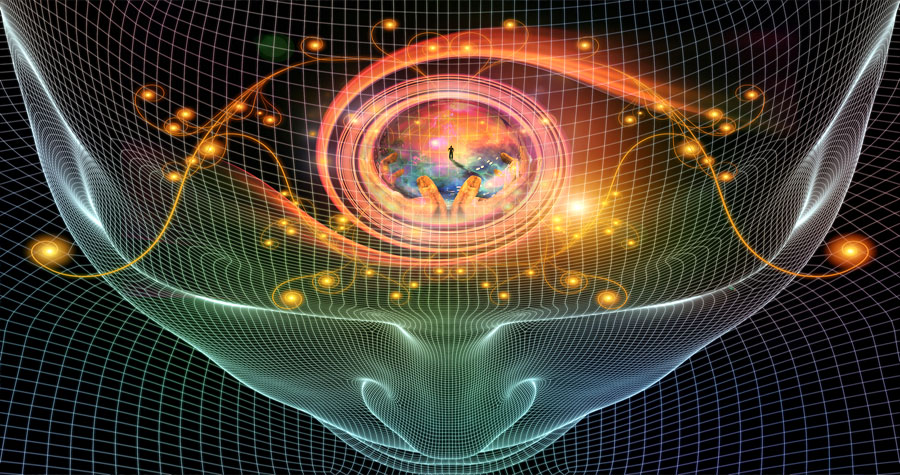 by Mark Douthwaite & Matt Dale
by Mark Douthwaite & Matt Dale
The latest chip in the iPhone 7 has 3.3 billion transistors packed into a piece of silicon around the size of a small coin. But the trend for smaller, increasingly powerful computers could be coming to an end. Silicon-based chips are rapidly reaching a point at which the laws of physics prevent them being any smaller. There are also some important limitations to what silicon-based devices can do that mean there is a strong argument for looking at other ways to power computers.
Perhaps the most well-known alternative researchers are looking at is quantum computers, which manipulate the properties of the chips in a different way to traditional digital machines. But there is also the possibility of using alternative materials – potentially any material or physical system – as computers to perform calculations, without the need to manipulate electrons like silicon chips do. And it turns out these could be even better for developing artificial intelligence than existing computers. (more…)
















 According to his “Venus-man”, The Lemurian civilisation predated Atlantis by many millennium, and attained its cultural peak some 300,000 years ago, whereas Atlantis reached its cultural peak some 50,000 years ago.
According to his “Venus-man”, The Lemurian civilisation predated Atlantis by many millennium, and attained its cultural peak some 300,000 years ago, whereas Atlantis reached its cultural peak some 50,000 years ago.